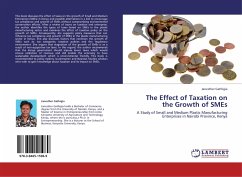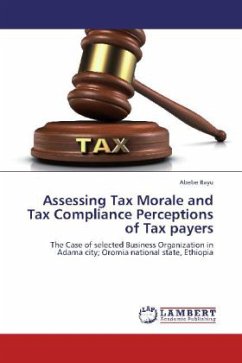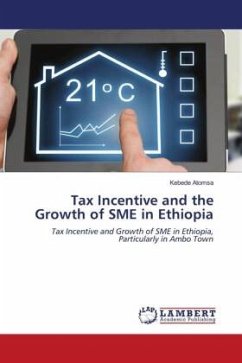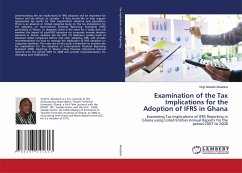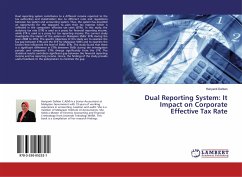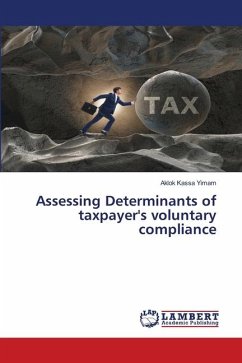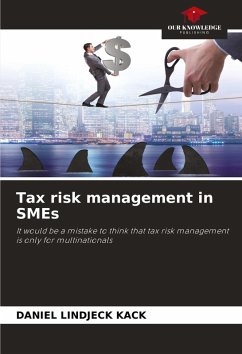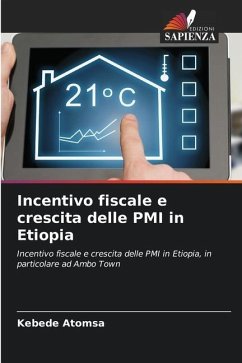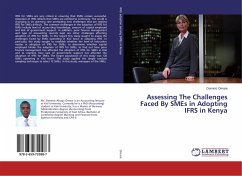
Assessing The Challenges Faced By SMEs in Adopting IFRS in Kenya
Versandkostenfrei!
Versandfertig in 6-10 Tagen
33,99 €
inkl. MwSt.

PAYBACK Punkte
17 °P sammeln!
IFRS for SMEs are very critical in ensuring that SMEs remain successful. Adoption of IFRS reflects that SMEs are entitled to continuity. The world is changing in an alarming rate prompting new challenges that are making IFRS for SMEs difficult. The common challenges in the adoption of IFRS for SMEs include level of accounting knowledge, amount of capital employed and lack of government support. In addition, poor finance management and type of accounting records kept are other challenges affecting adoption of IFRS for SMEs. In this regard this study sought to assess the challenges faced by SMEs...
IFRS for SMEs are very critical in ensuring that SMEs remain successful. Adoption of IFRS reflects that SMEs are entitled to continuity. The world is changing in an alarming rate prompting new challenges that are making IFRS for SMEs difficult. The common challenges in the adoption of IFRS for SMEs include level of accounting knowledge, amount of capital employed and lack of government support. In addition, poor finance management and type of accounting records kept are other challenges affecting adoption of IFRS for SMEs. In this regard this study sought to assess the challenges faced by SMEs operating in Kisii town in adopting IFRS. In particular, the study sought to establish whether the level of education matter in adoption of IFRS for SMEs, to determine whether capital employed hinder the adoption of IFRS for SMEs, to find out how poor finance management has affected the adoption of IFRS for SMEs in Kisii and to examine how lack of government support has affected the adoption of IFRS for SMEs. The target population of this study was 120 SMEs operating in Kisii town. This study applied the simple random sampling technique to select 12 SMEs. In this study, managers of the SMEs



